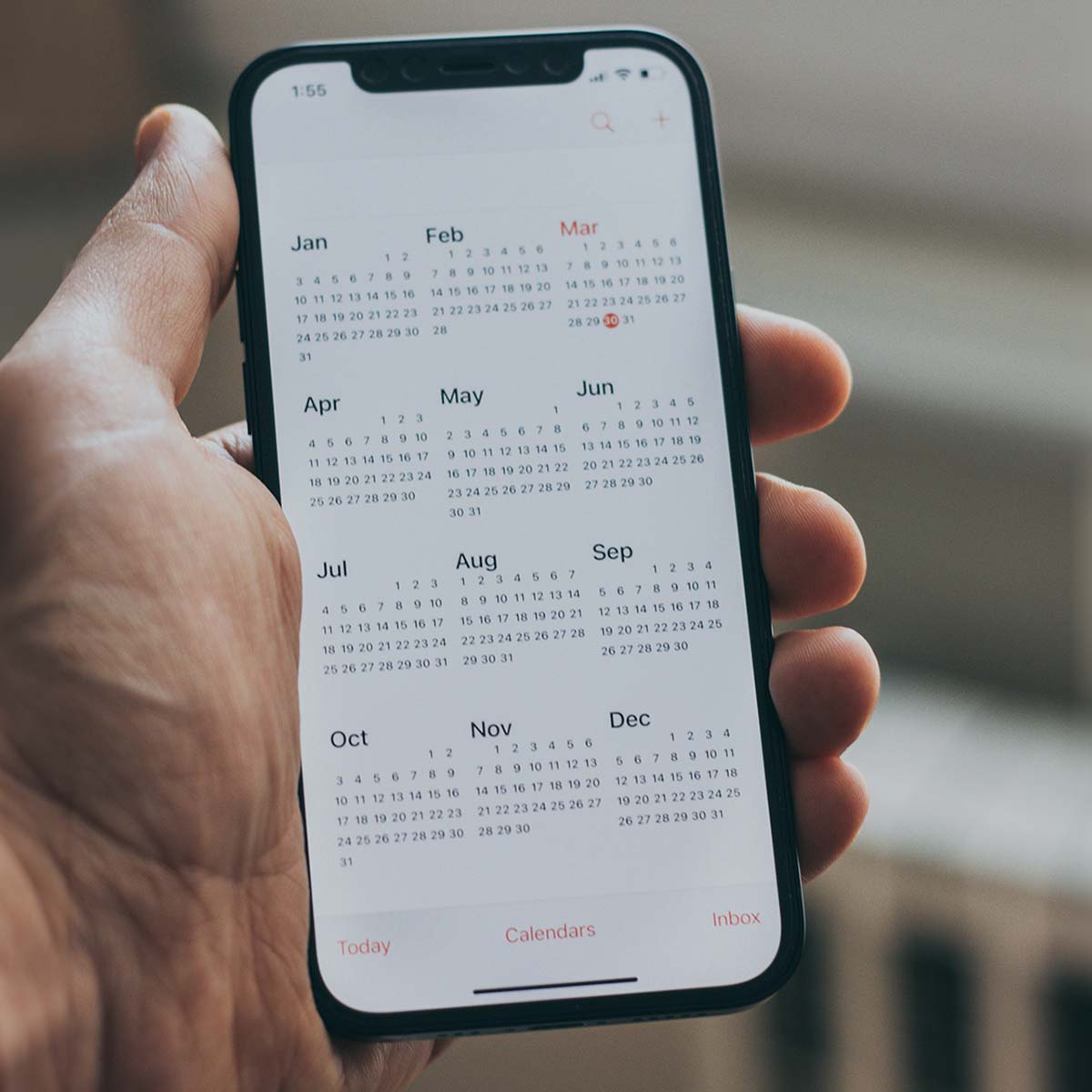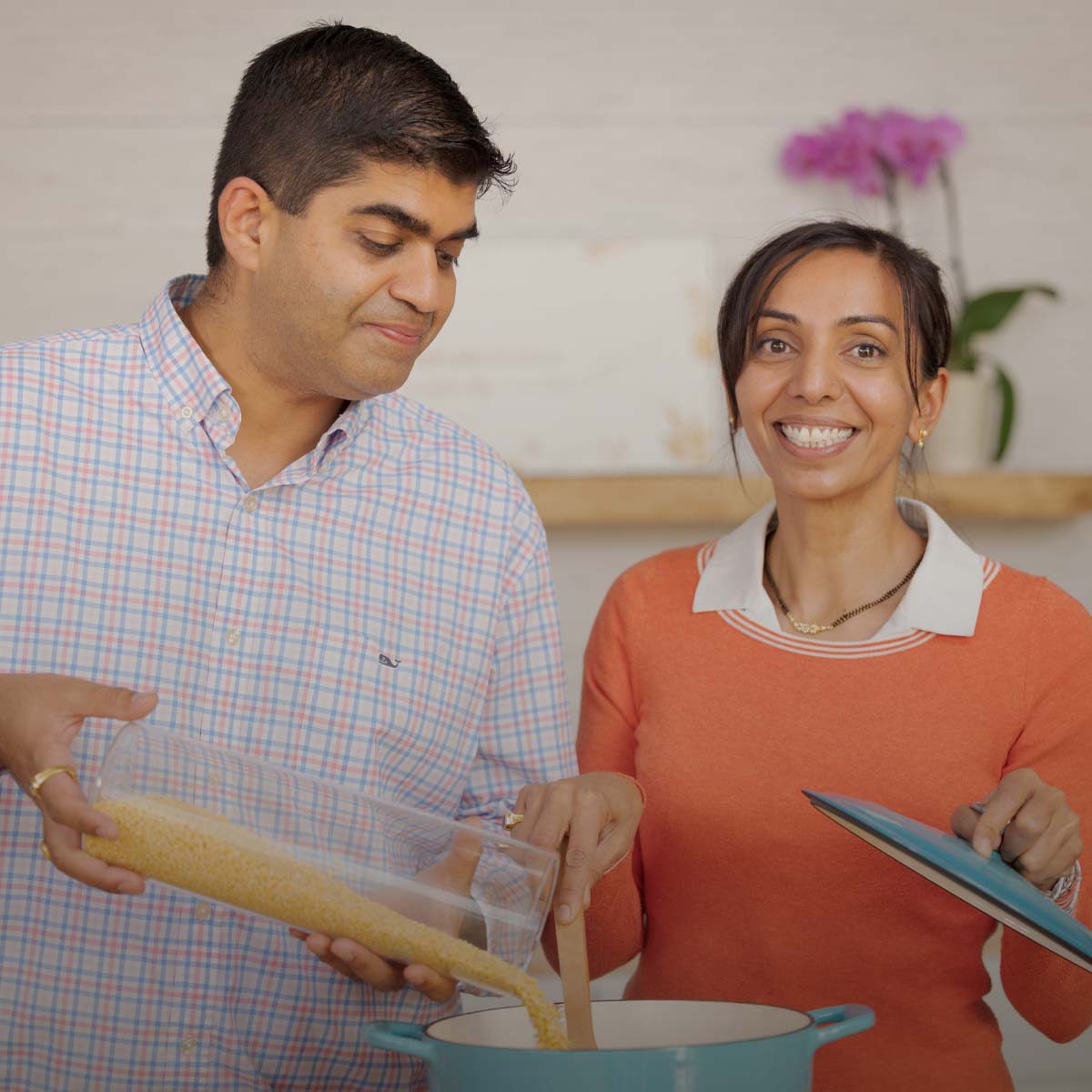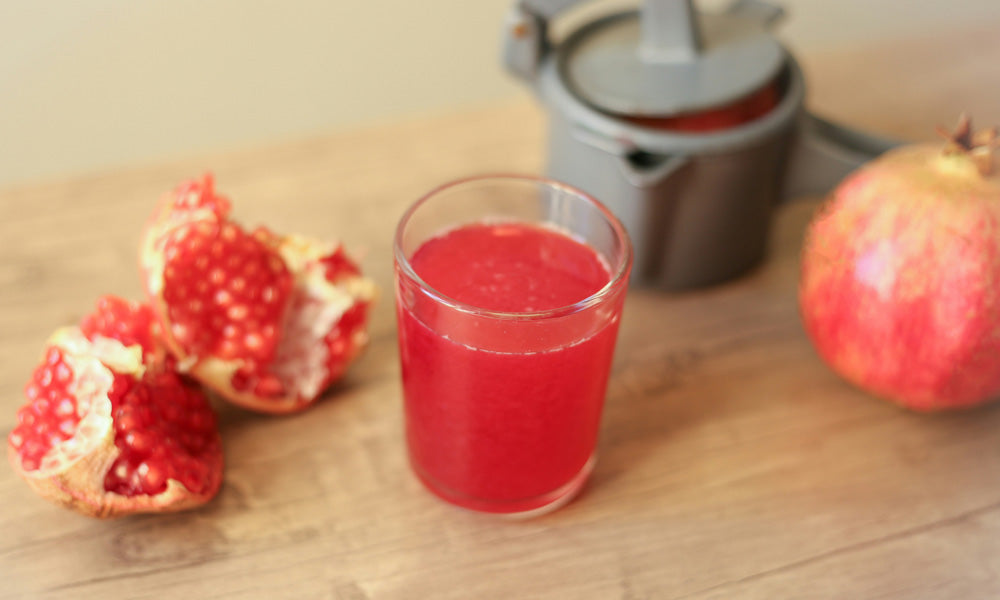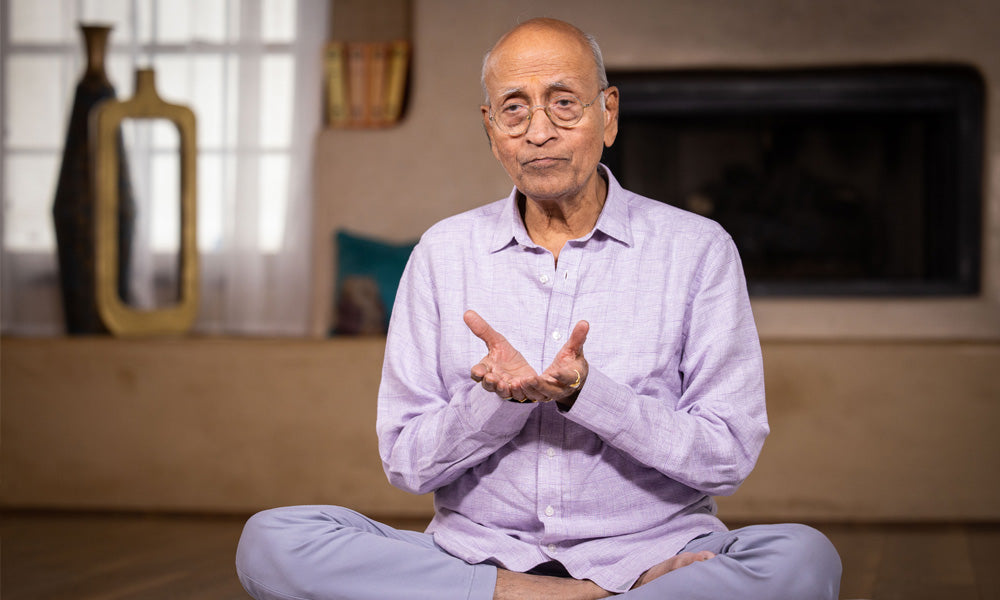In the quest for holistic health and well-being, ancient traditions offer invaluable wisdom. Ayurveda, the ancient Indian system of medicine, is renowned for its truly comprehensive approach to wellness, focusing on the balance of mind, body, and spirit. At the heart of Ayurveda lies Panchakarma, a profound cleansing and rejuvenation practice that has been cherished for centuries.
Standing the Test of Time:
The roots of Ayurveda trace back over 5,000 years, making it one of the oldest holistic healing systems in the world. Panchakarma, meaning "five actions" in Sanskrit, has been a cornerstone of Ayurvedic medicine since its inception. These five actions are:
- Vamana (therapeutic emesis)
- Virechana (purgation therapy)
- Basti (enema)
- Nasya (nasal administration of medicated substances)
- Raktamoksha (bloodletting)
Initially documented in ancient Ayurvedic texts such as the Charaka Samhita and Sushruta Samhita, Panchakarma has stood the test of time, offering a roadmap to optimal health through deep purification. Nowadays, panchakarma is offered across the world in retreat and hospital settings where individuals go to receive tailored care and deeply cleanse the mind and body. The classical texts recommend that individuals do panchakarma once a year as normal maintenance and potentially more times depending on the severity of their health concerns. By cleansing accumulated toxins and elements from the prior season, this seasonal reset supports optimal health.
The Essence of Panchakarma:
Panchakarma is a systematic approach to detoxification and rejuvenation, aiming to eliminate accumulated toxins from the body while simultaneously restoring balance to the three doshas or biological energies—Vata, Pitta, and Kapha, according to Ayurvedic principles. The process unfolds in several stages, each tailored to an individual's unique constitution and health needs.
Since the process is so individually tailored it is rather difficult to discuss it generally! However, we can generally say that panchakarma aims to reverse the journey of pathogenesis by rerouting toxins and doshas that are obstructing prana and the health of the tissues back to the central GI tract or circulation tissues, before expelling them from the body altogether through the five actions. The three distinct stages of Panchakarma are:
- Purva Karma (pre-measures); could include lightening the diet, doing Snehapan (internal lubrication with oil through the intake of ghee or oil), Snehan (external oleation with the most nourishing oil massages) and Swedana (sweat therapy)
- Panchakarma (the five cleansing actions); once the toxins and doshas are ‘ripe’ we can utilize the five cleansing methods to remove them from the body. During this time the diet is kept simple, sattvic and according to the doshas being worked on.
- Paschat karma (post-measures); through diet, lifestyle practices, treatments and herbal protocols that will support integration of the effects of the cleansing and transition the individual back to their daily routine through renourishment.
Benefits for Mind, Body, and Spirit:
The benefits of Panchakarma extend far beyond physical detoxification, encompassing mental clarity, emotional balance, and spiritual renewal. By purifying the body and harmonizing the doshas, Panchakarma promotes:
- Improved Digestion: By removing ama (toxins) from the digestive tract, Panchakarma enhances digestive fire (agni), leading to better nutrient absorption and elimination of digestive issues.
- Anti-Ageing and Improved Vitality: Through the elimination of accumulated doshic imbalances and toxins, panchakarma revitalizes the body's energy channels, allowing prana to flow freely and thus promoting overall vitality, stamina and an individual’s longevity.
- Improved health and strength of the body tissues: Panchakarma has been effective in improving a wide range of health concerns.
- Stress Reduction: Panchakarma therapies, such as abhyanga (Ayurvedic massage) and shirodhara (oil dripping therapy), induce profound relaxation, alleviating stress, anxiety, and insomnia.
- Balanced Emotions: By purifying the mind and nervous system, panchakarma helps restore emotional equilibrium, fostering a sense of inner peace, contentment, and emotional resilience.
- Spiritual Awakening: Many participants report experiencing a deep sense of connection to their inner self and the universe at large, facilitating spiritual growth and self-awareness.
Embarking on your Panchakarma Journey:
Before undergoing panchakarma, it is essential to consult with a qualified Ayurvedic practitioner or doctor who can assess your unique constitution and health needs. Panchakarma therapies are typically administered in a residential setting under the guidance of experienced Ayurvedic therapists, ensuring personalized care and attention throughout the process although it is possible to undergo an abridged cleanse at home.
For those individuals able to travel to North Carolina, explore Sohum Mountain Healing Resort; United State’s gem panchakarma retreat center in the heart of the Blue Ridge Mountains! The center is founded on the vision of Vasant Lad’s Ayurvedic panchakarma providing authentic healing experiences to its guests in a truly magical and serene natural setting. If you are curious to speak to a representative of Sohum Mountain Healing in Asheville, North Carolina, please follow this link.
To participate in Ayuryprana’s signature Home cleanse based on the timeless wisdom of Ayurvedic Panchakarma in the lineage of Vasant Lad, follow this link!








